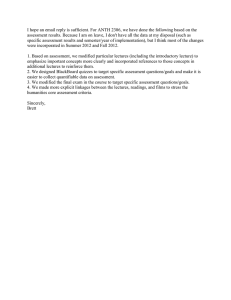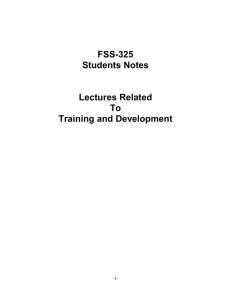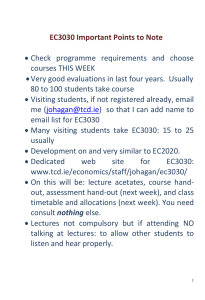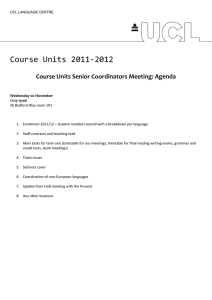Time Management
advertisement
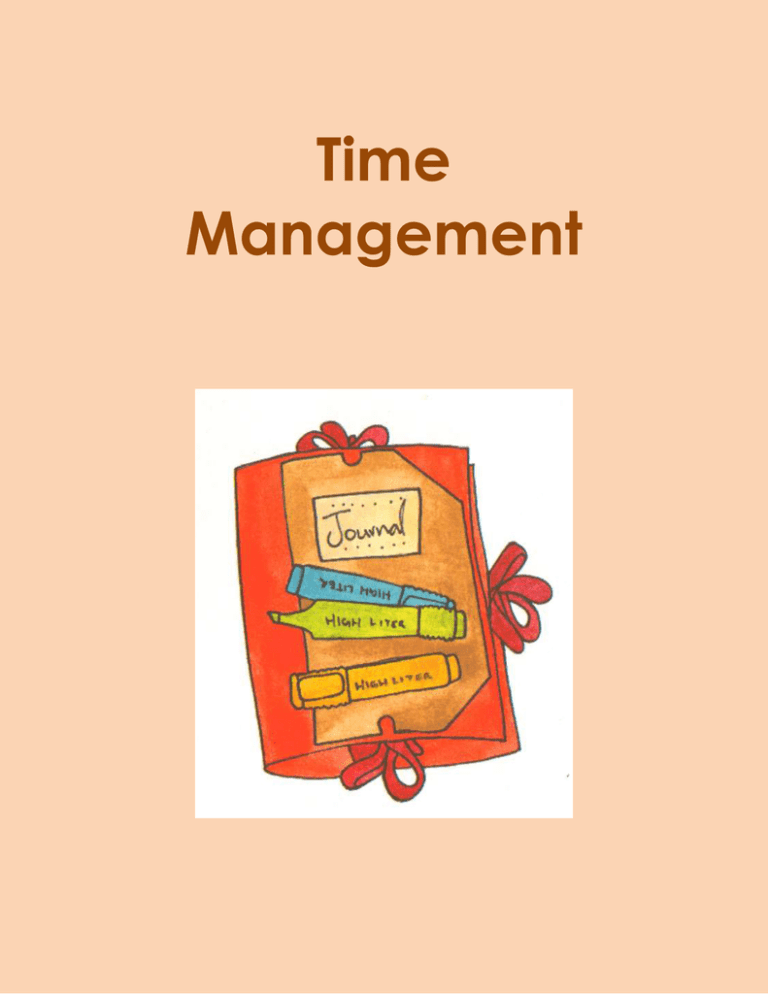
Time Management Life in College College life is busy. It can be difficult to balance your study time with your social life and perhaps a part time job, as well as leaving time for friends, exercise and of course, relaxation. It is important to try to get the balance right and it is never too late to achieve this. In college you have a large degree of freedom, but with this comes the danger of letting time slide by with no one to make you study. Learning Style Consider what study techniques worked for you in school and apply the same for your college exams. Take a simple computer-based test to work out your learning style. DVC Learning Style Survey for College at http://www.studygs.net/selfassessment.htm has a good introduction with results based upon 32 questions, with recommendations on how each style of learner should study. Organize your study accordingly. Think Ahead Read your college and department handbooks to see what is required from you for the year. Check your department notice board and website regularly for time tabling and venue information. Look over your reading lists for each course and try to identify the core texts that are the most important for you to read. Introductory lectures in the first week of term are likely to guide you in this respect. If it is not immediately obvious, ask about this in tutorials. Begin reading in week one. Don’t wait until you have to hand in an assignment. Read ahead for lectures. You will understand a lot more of the lecture and consequently remember more of the lecture afterwards. Students with dyslexia may wish to speak to their tutors about prioritising the reading list. Timetable You will be given a timetable at the beginning of your first term to tell you when to attend lectures and seminars. Look for blocks of time during the day between lectures and set them aside for reading ahead for subsequent lectures. Be realistic, and give yourself time off as well. If you use a timetable and schedule yourself time off, the great advantage is that this will be completely guilt free! College uses Gmail which allows you to add a calendar which allows you to easily add events and make amendments to your calendar. You view the calendar by day, the next four days or by week. You can also print copies of each of these views. You can even set up free SMS notifications to remind you of important events. Tips for timetabling Add your lecture timetable and recurring weekly events. Add major events that have to be attended – celebrations, etc. Schedule study times during the day between classes. Before exam times, it is a good idea to make a study plan for evenings as well. From your course handbook, find out dates of examinations and assignment deadlines.

